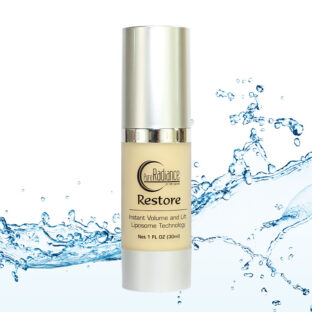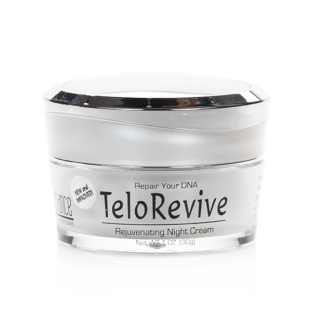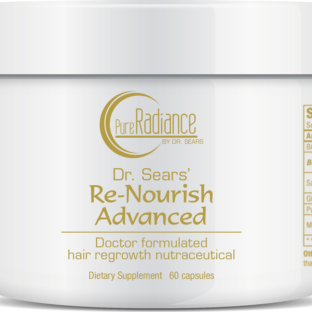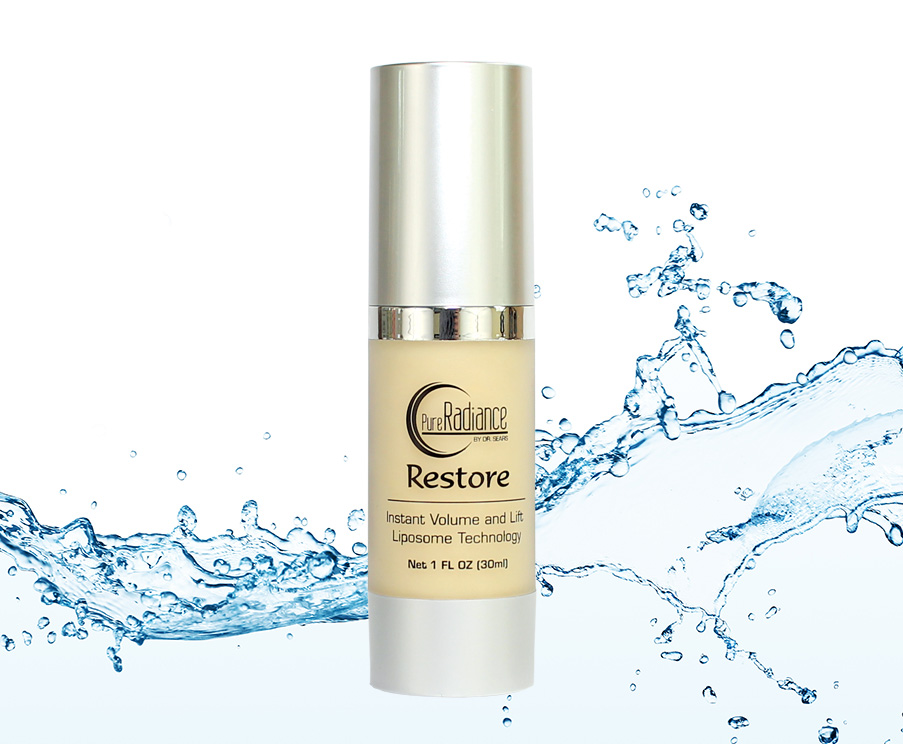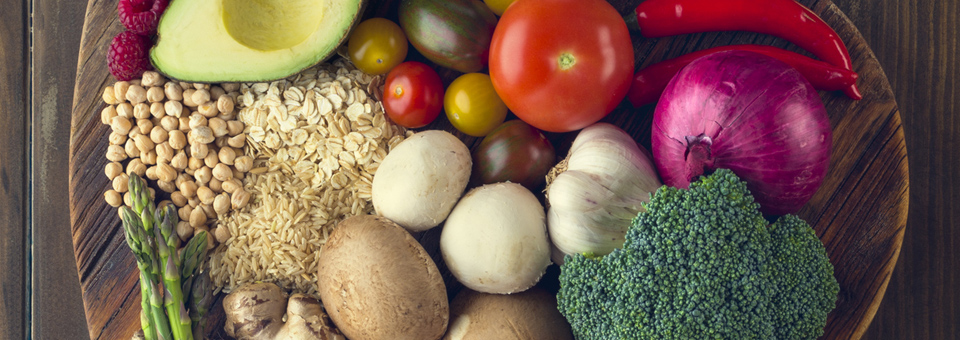
About a month ago, a new patient came to see me at the clinic. I’m going to call her S.P. in order to protect her privacy.
She has been a regular reader of my newsletters for years…
When S.P. came to see me, she was terribly overweight. Like many women, she had tried every diet out there but she couldn’t shed the pounds, especially around her middle.
Unfortunately, that wasn’t her only issue…
Her glucose levels were out of control, her blood pressure was sky-high and her body was pumping out insulin like there was no tomorrow — but it was having no affect because her cells had already become insulin resistant.
S.P. was also on three different medications — two for diabetes and one for high blood pressure.
It didn’t take long for me to figure out what was going on with my patient.
She was suffering from a condition that I’ve named Syndrome Zero. This condition is the trigger behind almost every chronic disease we face today… from heart disease and cancer to arthritis and Alzheimer’s.
And obesity.
With Syndrome Zero, your pancreas produces too much insulin. This insulin overload is a direct result of today’s toxic modern diet.
Over the last hundred or so years, our food supply has dramatically changed. Big corporations have taken over. To increase their profits, these companies have packed our supermarket shelves with processed products made from starch, grains and sugar.
That’s great for their bottom line. But horrible for your health.
And every time you eat these fake foods, your pancreas goes into overdrive. It produces excess insulin that overwhelms the receptors in your cells and makes them insulin-resistant.
The result is a dangerously high glucose level that stops your body from making the cellular energy necessary to fight almost every disease.
But these insulin surges also lead to obesity.
They cause your body to pack on the pounds through a process called lipogenesis – the conversion of carbohydrates into fat.
This is exactly what was going on with my patient…
I immediately started S.P. on my unique protocol to bring her body back into balance.
And the results were astonishing. Within 13 days she lost 10 pounds and counting, her high blood sugar levels dropped, she was able to dramatically reduce her diabetes meds and her insulin production started to normalize.
Part of the protocol S.P. followed was a zero to near zero glycemic index, high-fat diet I call the Zero Diet.
My Zero Diet is very low in carbohydrates, very high in fat and moderate in protein. When you eat this way carbs don’t trigger insulin.
Studies confirm that very low-carb diets improve insulin sensitivity. In one study of overweight women, a diet with less than 10% of calories from carbs improved insulin sensitivity. And a low-fat, high-carb diet made insulin sensitivity worse.1
Here’s how it works…
Eat a Zero Diet to Balance Blood Sugar Balance And Lose Weight
- Go super-low carb. . Did you know your daily requirement of carbs is zero? You don’t need carbs at all. You can easily make carbs from fat or protein. Carbohydrates should never make up more than 5% or 10% of your total calories. The easiest way to start is by avoiding all processed foods. Also avoid grains, rice, pasta, beans and legumes and starchy vegetables.
- Focus on the glycemic index.The glycemic index measures how quickly foods breakdown into sugar in your bloodstream. High glycemic foods turn into blood sugar very quickly. Choose fresh, low-glycemic foods like grass-fed beef, small, wild-caught cold-water fish, beans, plenty of above-ground and green leafy vegetables, onions and garlic, berries and other fresh fruits, nuts and seeds.
Avoid high-glycemic foods. These include white potatoes, most grains such as rice, corn and wheat, cereals, cereal bars and low-fiber or sweetened foods.
- Eat the right protein and fat. Grass-fed beef, organ meats, pastured poultry and eggs and wild-caught fish are your best sources of protein. Nuts and seeds such as almonds, peanuts, cashews, sunflower and pumpkin seeds also have plenty of protein. Strictly avoid trans fats and vegetable oils. Instead, choose fats like olive oil, coconut oil, avocado, butter, ghee and heavy cream.
To Your Good Health,
![]()
Al Sears, MD, CNS
1 Volek JS, Sharman MJ, Gómez AL, et al. “Comparison of a very low-carbohydrate and low-fat diet on fasting lipids, LDL subclasses, insulin resistance and postprandial lipemic responses in overweight women.” J Am Coll Nutr 2004 Apr;23(2):177-84.



